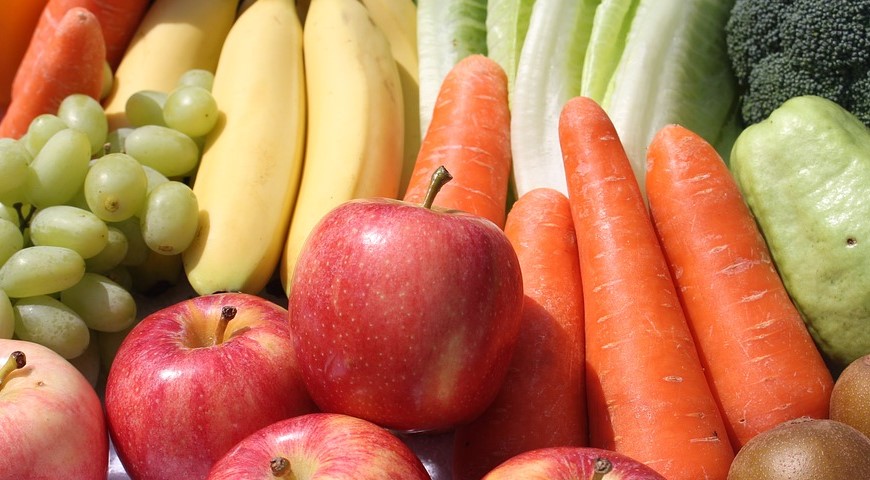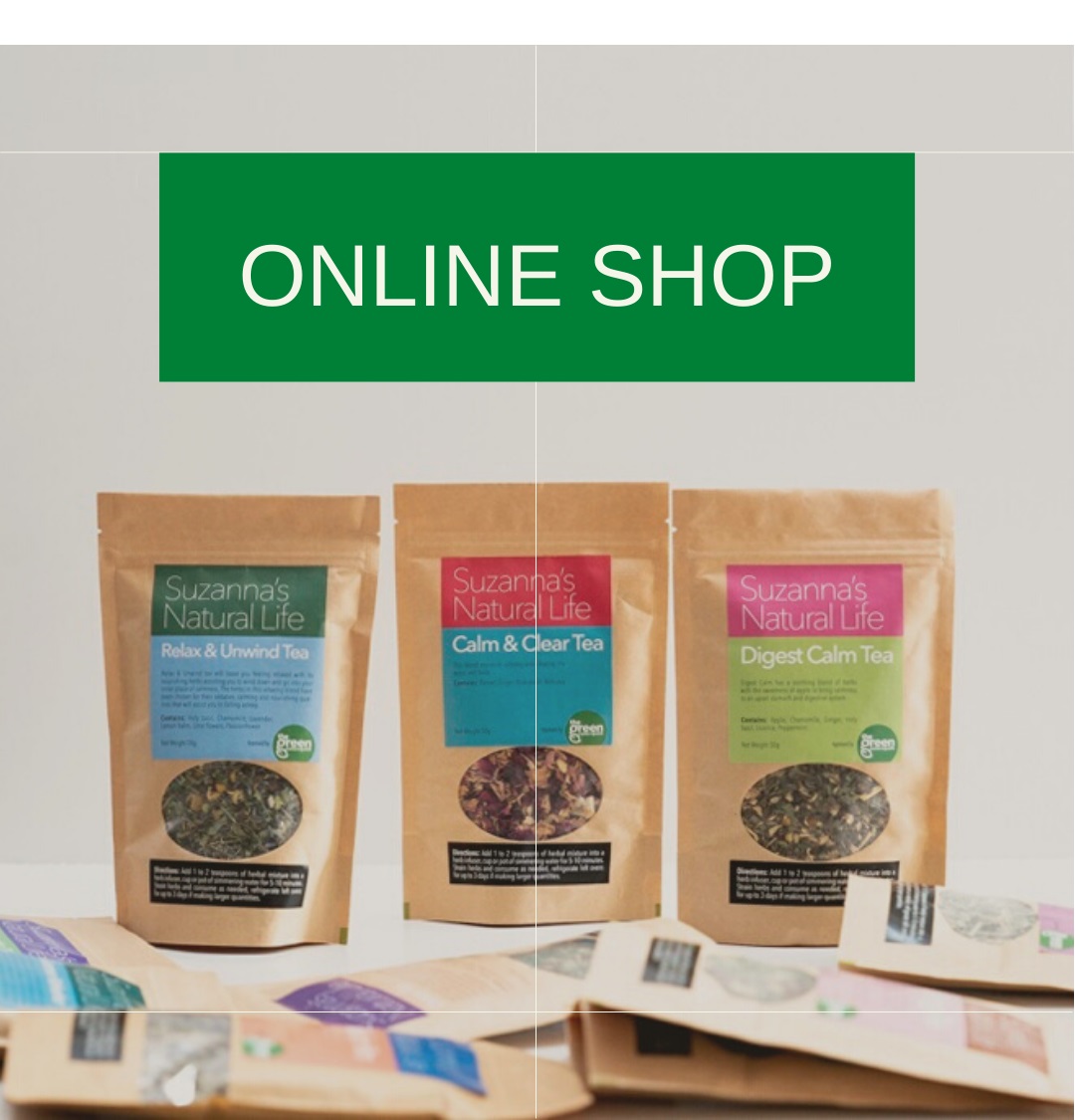

I love seasonal fruit and vegetables and love how they come out and compliment the seasons for what is needed for the body.
Today a large variety of fresh produce is available in the supermarkets and it seems that each fruit and vegetable seems to be in season all year round.
This isn't the case though, as a lot of our produce is seasonal and to be able to provide us with our favourite high demand fruit and vegetables our produce has to be stored. Stored produce loses its freshness and even nutritional value the longer it is stored. Some fruit and vegetables can be stored for over 6 months. Apples are a great example of this. If you have ever tried an apple and it did not have much flavour and tasted powdery, this is a good sign it has been stored. Most variety of apples grow in the warmer months with the earlier varieties starting from December until late April.
If you could imagine what happens to flowers when they have been in a vase for a week, the flowers start to droop and die as they lose nutrient flow and life. If you're lucky you will get another week from your flowers if you feed them the special nutrient powder the florist gives you. Stored produce is not supported with nutrients as they age in storage, so by time we get our produce it can be quiet limp and lifeless if it isn't fresh.
HOW OUR PRODUCE IS STORED IN AUSTRALIA
Cold Storage
This is the original and popular process that has been used for many years as chilled produce deteriorates at a much slower rate.
Fungicides
Non – organic produce is often sprayed with fungicides to prevent mould from growing on produce.
Controlled Atmosphere Storage
This process lowers the oxygen levels which slow down the rate the produce deteriorates.
1-Methylcyclopropene
1-Methylcyclopropene (1-MCP) is used to help inhibit the release of ethylene. Ethylene is what our produce produces naturally as it ripens. Using (1-MCP) slows down the rate of ethylene release rapidly. (1-MCP) can also prevent certain compounds that help give our produce flavour as it ripens, making our produce taste bland if the produce was picked slightly under ripe. If you have ever tried something straight from the garden you will know what I mean with the burst of flavours you receive. (1-MCP) is commonly used on non-organic produce that release higher levels of ethylene such as apples, tomatoes, avocadoes, kiwi fruit and bananas.
Water Mist
You may have noticed your grocery store spraying mist manually or automatically on fresh produce. This helps keep the hydration of the plant to give the illusion that the produce is still very fresh. This has no added nutritional value adding the mist and is used to make the produce more appealing for the eye. If the mist isn't used the produce will dry and shrivel a little but still have the same nutritional qualities. The disadvantages of the mist are that it gives more opportunity for mould to grow on the produce so when you get the produce home it won't last so long in the fridge
HOW TO KNOW IF YOUR FRUIT AND VEGETABLES ARE FRESH?
The general rule is that your produce will feel and taste crisp, look fresh, colourful and bright, have flavour and a nice fresh smell. Look at everything you pick up and question what you pick up when shopping.
A good example would be when you pick up a cucumber when it isn't in season. Cucumbers are often limp and wobble when they have been stored for a while and generally go mouldy a few days after getting them home.
Choose and look carefully. The fresher and more seasonally you buy, the more energy your body will receive.
Below is a great link to check what is in season in your state.
“The human body has been designed to resist an infinite number of changes and attacks brought about by its environment. The secret of good health lies in successful adjustment to changing stresses on the body.” – Harry J. Johnson
MEDICAL DISCLAIMER
This content is for informational and educational purposes only. It is not intended to provide medical advice or to take the place of such advice or treatment from a personal physician. All readers/viewers of this content are advised to consult their doctors or qualified health professionals regarding specific health questions. The Green Naturopath takes no responsibility for possible health consequences of any person or persons reading or following the information in this educational content. All viewers of this content, especially those taking prescription or over-the-counter medications, should consult their physicians before beginning any nutrition, supplement or lifestyle program.




